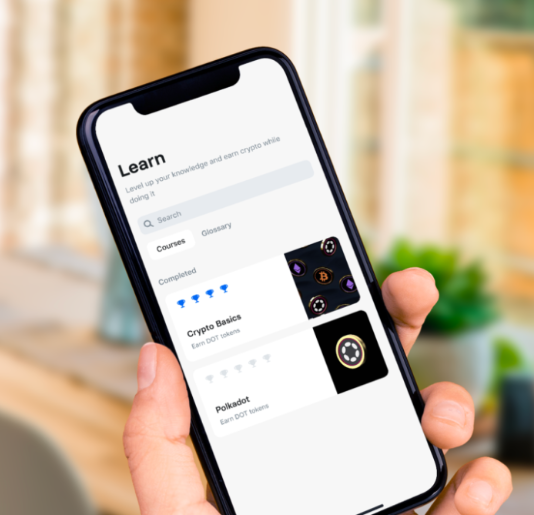In today’s fast-moving financial environment, understanding the basics of personal finance is more important than ever. For private banking clients—many of whom manage complex wealth portfolios—financial literacy can be the key to long-term success. Private bankers are uniquely positioned to help clients better understand their finances by offering customised support, resources, and education.
Why Financial Literacy Matters in Private Banking
Private banking gives clients access to exclusive investment opportunities, including private equity, hedge funds, and alternative assets like real estate or commodities. While these products can yield high returns, they often involve complex strategies. Helping clients understand these instruments is essential to fostering confidence, improving decision-making, and ensuring long-term financial wellbeing.
Understanding Financial Literacy
At its core, financial literacy is the ability to make informed decisions about personal finance. It includes knowledge in areas such as budgeting, saving, investing, tax planning, and managing debt. For high-net-worth individuals, it also extends to estate planning, risk management, and navigating sophisticated investment vehicles.
Strategies for Enhancing Client Financial Literacy
1. Evaluate Client Knowledge and Goals
Before providing guidance, it’s important to assess each client’s current level of financial understanding. Some may be new to managing wealth and need help with basic principles, while others may be more experienced but unfamiliar with complex instruments. Tailoring the approach ensures relevance and effectiveness.
2. Simplify Complex Information
Avoiding jargon is key when discussing financial matters. Use clear, everyday language and relatable examples to explain key concepts. Whether discussing investment strategies, tax structures, or estate planning, clarity helps clients feel more comfortable and engaged.
3. Offer Interactive Learning Tools
Clients learn best when they can apply knowledge to real scenarios. Tools like investment calculators, retirement planners, or budgeting simulators allow users to test strategies and see potential outcomes. These resources help bridge the gap between theory and practice.
4. Utilise Digital Platforms for Education
With more clients managing their finances through mobile apps and online banking, digital channels are ideal for delivering educational content. Timely notifications, informative videos, blog posts, and online courses can provide on-demand learning that fits into a client’s lifestyle.
5. Foster Strong Relationships Built on Trust
Effective education starts with trust. Private bankers should aim to create lasting relationships based on reliability, integrity, and empathy. This includes being transparent about fees, providing credible resources, and responding thoughtfully to client questions or concerns.
6. Partner with Other Professionals
Collaborating with specialists such as tax advisors, estate lawyers, or investment analysts adds value for clients. Hosting joint workshops or inviting guest speakers for educational sessions can provide deeper insights and a more well-rounded financial perspective.
Conclusion
Private bankers play a critical role in helping clients take control of their financial future. By delivering personalised education and clear guidance, they not only strengthen client relationships but also contribute to more informed, confident decision-making. In an era where financial choices carry growing complexity and impact, empowering clients through literacy is not just beneficial—it’s essential.
